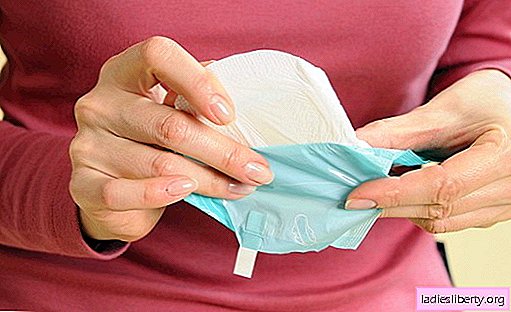
Ethanol is a legitimate “drug” in most countries of the world, with the exception of Islamic states. Every year, alcoholic beverages cause millions of deaths worldwide. Alcoholic beverages are products that contain ethyl alcohol.
Wine and champagne are produced by alcoholic fermentation, while cognac is produced by distillation. Why are cognac, champagne and wine different in action, but contain the same substance?
What beneficial substances do alcoholic drinks contain?
Wine and champagne contain organic acids, sugars, phenols, tannins and various alcohols. Sugar turns into alcohol during fermentation. However, the part that remains gives some types of wine a sweet taste.
Cognac is obtained from grape juice by distillation. It contains significantly less sugar than champagne and wine.
Phenols - several hundred chemicals that are responsible for the color, smell, taste and astringency of alcoholic beverages. They are responsible for the difference between white and red wine. Tannins are found in the stems and seeds of grapes. They cause a bitter taste, and can also leave a tart aftertaste in the mouth. The right amount, however, can significantly improve the taste of the alcoholic beverage.
Polyphenols improve vascular function, cardiac output and reduce the risk of coronary heart disease. Long-term use reduces the risk of developing atherosclerosis and other diseases of civilization.
What is the difference between classic wine and champagne?
Champagne and wine are distinguished by the content of not only ethyl alcohol, but also polyphenols, carbon dioxide, sulfur and other chemicals. Both drinks are similar in composition and effect on the body.
Carbon dioxide prevails in champagne, which greatly accelerates the absorption of alcohol from the gastrointestinal tract. The total content of ethyl alcohol does not exceed 15-16%.
The rapid ingress of large amounts of alcohol into the brain causes stronger central effects: euphoria, increased mood, or aggression.
The wine contains a high concentration of tannins and phenols. Eating tannins in high quantities can cause severe headaches in the morning.
The content of ethyl alcohol, as well as in champagne, does not exceed 15-16%. Since the concentration of carbon dioxide is insignificant, alcohol is absorbed much more slowly than with champagne.
Why is the action of cognac very different from wine and champagne?
Cognac consists of almost 1000 different components. Astringent flavors primarily depend on the grape variety. Location affects the formation of the aroma of berries. Other flavors are formed during the processing of berries, fermentation, aging and storage of finished cognac.
"Raw" cognac may contain up to 72% ethyl alcohol. A higher concentration causes a stronger “intoxicating” effect of the alcoholic beverage. On average, cognac has about 40% ethanol.
Higher alcohols are present in large quantities (1800-2100 mg / l) in cognac. They have pronounced taste and also play an important role in the aroma of the product. Higher alcohols are summarized by the term "fusel oils".
Fusel oils are able to reduce the hangover syndrome.
In 2017, the effect of fusel oils on the human body was studied. It was shown that the use of alcoholic beverages with a high content of fusel oils (cognac) dulls the taste buds on the tongue.
In an experiment on animals, in particular in mice, individual components of fusel oil also mitigated the unpleasant hangover syndrome. In many mice, they also reduced aversion to drinks with a high percentage of ethyl alcohol.
Is wine and champagne “healthier” than cognac?
According to WHO, there is no “healthy" alcoholic drink. Ethanol in any drink can cause mental and physical dependence with long-term consumption.
A “useful” dose of alcohol also does not exist.
Cognac contains fusel oils, which have a detrimental effect on the central nervous system. Wine and champagne are rich in sulfur compounds and carbon dioxide, which irritate the intestines.
Some scientists believe that 100 g of ethanol per week does not increase the risk of death for all reasons. However, doctors recommend that it is better not to consume than to start for the sake of healing the body.











